If you click on a link and make a purchase we may receive a small commission. Read our editorial policy.
Four ways that Dan Slott changed the Fantastic Four for the better
As the writer leaves the Marvel title he helped restore, a retrospective on what Dan Slott brought to the FF

After four years, Dan Slott’s time with Marvel’s First Family comes to a close later this month with the release of Fantastic Four #46. It brings to an end the run that returned the Richards clan – and their extended friends, family, and foes – to comics after they’d disappeared at the end of 2015’s Secret Wars event, and placed them right at the center of the Marvel Universe, where they rightfully belong.
As a result of his time on the title (and some of the big swings he took while he was in the writer’s chair), Slott, arguably primarily known as a Spider-Man writer by most fans, has become one of the all-time key FF writers and one who’s left his mark on the Fantastic Four mythology. Here are just four ways – get it? Four? – in which that’s true.
Marvel’s First (Extended) Family
Something that Dan Slott was able to do that other writers have struggled with was letting the Fantastic Four expand beyond the Baxter Building (or Four Freedoms Plaza, or any one centralized location that everyone lived in at the same time). By allowing Reed, Sue, and their kids to live in a different location than Ben or Johnny, Slott was able to let the characters grow up in a way that they’d never quite managed to before, opening up all-new storytelling possibilities for the creative teams that follow in the process.
Beyond simply making the characters more easily for readers to empathize with – who amongst us hasn’t moved out from home while maintaining a family relationship? – it’s a move that follows in the footsteps of series creators Stan Lee and Jack Kirby in a way that surprisingly few writers who followed them ever managed. After all, Stan and Jack had Johnny leave the family to go study for quite some time, and it didn’t cause too many problems. Well, aside from Tomazooma, but no-one really likes talking about him these days, for obvious reasons.

Ben Grimm Gets His Happy Ending
As part of the above, let’s celebrate the undoubted highlight of Slott’s Fantastic Four: Ben Grimm the family man. Sure, it’s true that the Thing had the bad rap of being a man that looked like a monster and had the bad luck to match, but everyone who’s spent any amount of time in the company of Petunia’s favorite nephew knows that he’s one of the biggest-hearted characters in the Marvel Universe and someone who’s always wanted to belong. Now, thankfully, he’s got that.
It’s not just that Slott finally let Ben and Alicia get married after more than a half century of soap operatic courtship, (who could forget the 1980s and 1990s, when the two went through a prolonged separation during which Alicia married the Human Torch before it was revealed that she was actually a Skrull imposter, leaving the real Thing to reunite with her true love?) it's that Ben and Alicia end up with two adopted kids in the form of Jo-Venn and N’Kalla, courtesy of the Empire event. Longtime fans of the FF likely suspected that Ben would make a good dad; it’s to Slott’s credit that he proved us right.

Uatu Finally Acts Out
Over the past decade or so, things weren’t going so well for the Fantastic Four and their supporting cast. As the characters fell out of favor for whatever reason, bad things started to befall them. Arguably even more so than the FF themselves, that’s true of Uatu the Watcher, who found himself murdered as the Macguffin behind 2014’s event comic Original Sin. It was an ignoble end for a character who had been present for all manner of big Marvel storylines, from the arrival of Galactus to the death of Phoenix (Okay, so that one didn’t really stick in the grand scheme of things, but still).
As part of Slott’s final big FF storyline, the Reckoning War, Uatu was resurrected, but that wasn’t all – by the end of the war, he managed to thrive where his fellow Watchers had failed, becoming the “one, true Watcher” for the entire universe, newly recharged and promoted in his duties moving forward. As part of this development, Slott also went back through the character’s history and demonstrated once and for all why Uatu was right to get involved in things all along. Think of it as the righting of a cosmic wrong that still refused to go back to the way things were in the end, after all.
To take a brief detour before the final element of our rundown, it should be noted that Slott made an effort to bring back a number of FF staples alongside the characters themselves; fans got a Thing/Hulk fight, as well as Doctor Doom trying to mess with Galactus – another character, by the way, that Slott managed to rehabilitate after some years of mistreatment – and an update on the Negative Zone portal courtesy of Reed Richards’ new invention, the Forever Gate. It’s unknown whether or not Slott had an actual checklist of classic FF moments that he wanted to hit during his run, or if he was just that much of a fan that it came naturally, but either way, it was appreciated.
New Frontiers
At the heart of the Fantastic Four, at least in the first decade of the characters’ existence, is the idea of exploration and discovery. This is a team whose origin is the result of the desire to explore, and whose early stories often had an element of uncovering something new and unexpected to them, whether it was venturing into new dimensions or uncovering secret civilizations hidden around the globe. With the Marvel Universe becoming as populated as it has been over the past six decades – and the comic stands becoming filled with other comics telling stories that take place inside that same universe – telling stories like this has become far more difficult, leading to the FF becoming more about maintaining the existing family than anything else.
Under Slott’s guidance, that’s no longer the case. Not only did Slott introduce a number of new characters to the series – the aforementioned Jo-Venn and N’Kalla, but also Victorious, Kalia, the Griever at the End of All Things, and more – but he brought new worlds into existence, including Spyre, Thought Space, and his final big reveal… a massively expanded multiverse that is actually 1,000 percent bigger than previously revealed and ripe for exploration. It’s a fitting final gift to leave the Fantastic Four as a series, and as a concept: a restoration of their original purpose.

Ultimately Dan Slott’s Fantastic Four run was a love letter to the Fantastic Four in its entirety, from the characters through to the ideas they embody and espouse. It’s thanks to Slott that the FF are once again a big part of Marvel’s comic book universe, and perfectly prepped for their big screen debut. Big shoes to fill for whoever’s going to follow…
Speaking of the Fantastic Four's big screen debut, check out Popverse's speculation about Marvel Studios' search for the director of the movie in the wake of Jon Watts' departure.
Follow Popverse for upcoming event coverage and news
Find out how we conduct our review by reading our review policy
Let Popverse be your tour guide through the wilderness of pop culture
Sign in and let us help you find your new favorite thing.



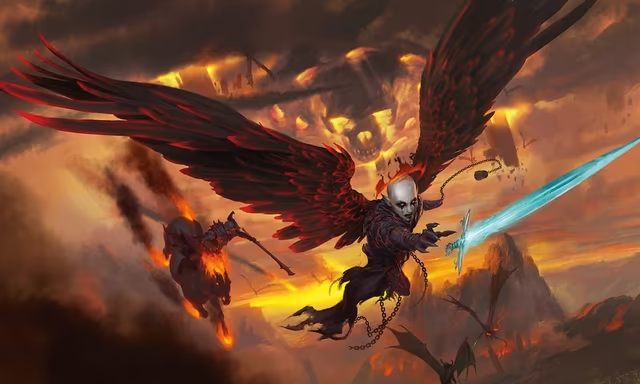
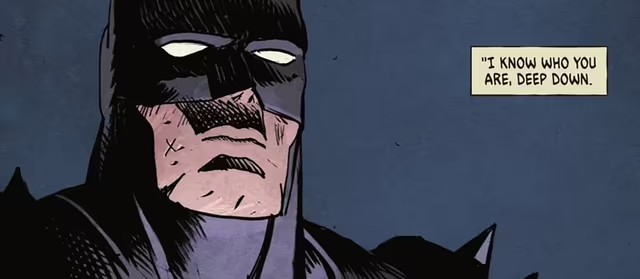
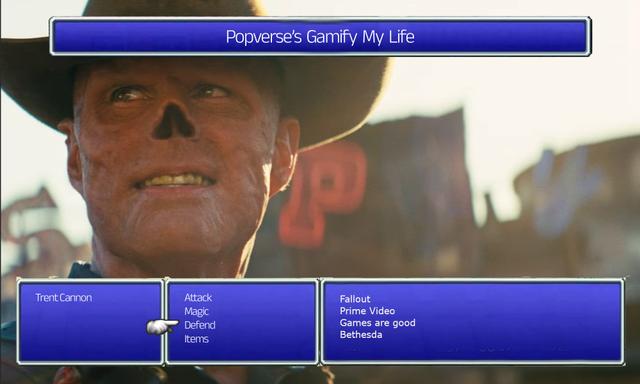
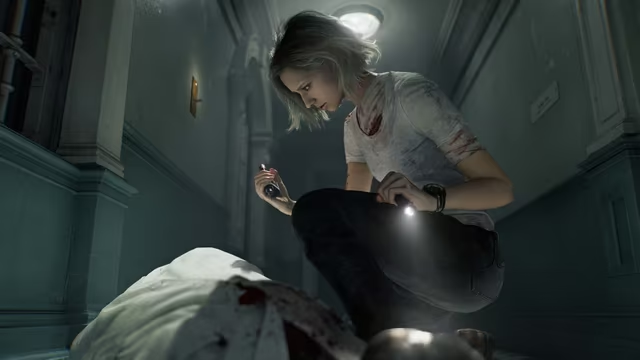
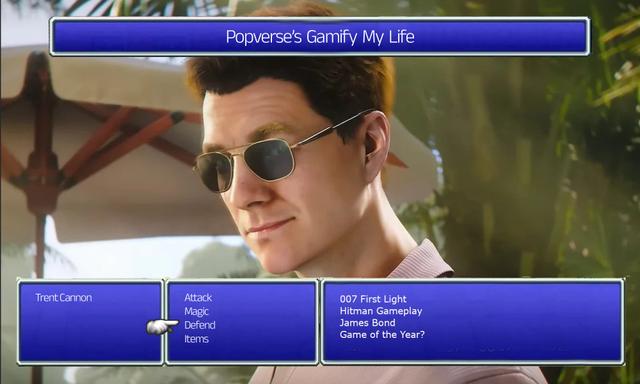








Comments
Want to join the discussion? Please activate your account first.
Visit Reedpop ID if you need to resend the confirmation email.